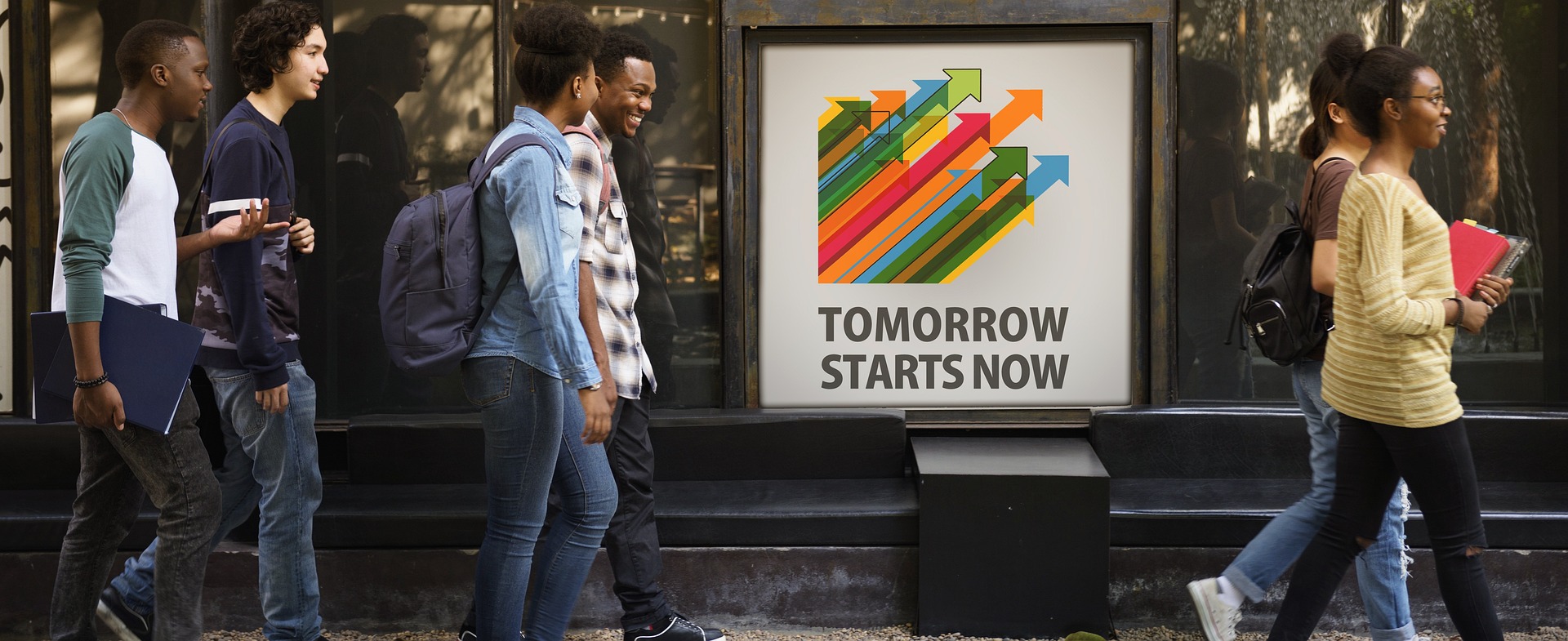The world is changing at a double exponential pace as artificial intelligence (AI) is automating many tasks that were once performed by humans. This trend is likely to continue in the years to come, leaving many people wondering what the future holds for employment.
While AI is a powerful tool, it is important to remember that it is not a replacement for human beings. Humans still have several unique advantages, including creativity, empathy, and social intelligence. These are all soft skills, and they are becoming increasingly important in the workplace.
Also, employers are now seeking out adaptable people with critical thinking skills and grit. They want employees who can solve complex problems, work well with others, and communicate effectively. These are all soft skills that can be developed and improved over time. However, if we are not measuring these skills, how do we know we are improving them?
University settings are ideal for tracking and developing soft skills. Students can participate in a variety of extracurricular activities, such as clubs, sports, and volunteer work. These activities can help students develop leadership skills, teamwork skills, and problem-solving skills.
In addition, universities can offer courses and workshops that focus on soft skill development. These courses can teach students how to interact better with others, communicate effectively, resolve conflict, and manage their time.
Why Soft Skills Matter in the Age of AI
These skills matter because AI cannot provide customer service in the same way that a human can. A human customer service representative can understand the customer’s needs, as if they are their own and provide a human touch to personalized assistance.
Second, AI is still under development. There are many things that AI cannot do well. For example, AI cannot always understand the nuances of human language. This can lead to misunderstandings and errors.
Third, the world is changing rapidly. New technologies are emerging all the time. This means that employees need to be adaptable and able to learn new skills quickly, including digital literacy, to best use the AI as companies integrate new disruptive technologies and processes.
How Can Universities Track and Develop Soft Skills
There are several ways that universities can track and develop soft skills.
- Use surveys and assessments to identify student soft skills: Universities can use surveys and assessments to identify the soft skills that students possess. This information can be used to develop personalized learning plans for students.
- Offer courses and workshops on soft skill development: Universities can offer courses and workshops that focus on soft skill development. These courses can teach students how to communicate effectively, resolve conflict, and manage their time.
- Provide opportunities for students to develop soft skills through extracurricular activities: Universities can encourage students to participate in extracurricular activities, such as clubs, sports, and volunteer work. These activities can help students develop leadership skills, teamwork skills, and problem-solving skills.
- Integrate soft skill development into the curriculum: Universities can integrate soft skill development into the curriculum. For example, professors can assign projects and assignments that require students to use soft skills, such as communication, teamwork, and problem-solving skills.
They can use the CykoMetrix platform for all of this, and correlate soft skill development to KPIs like grades, anxiety, satisfaction and more. Plus, CykoMetrix has technology that allows the capturing of the data without disturbing the students with additional question-answer type assessments. Universities would do well to inquire about using such a platform to offer improved measurement and development services in line with current employer hiring needs.
In Practice
Soft skills are essential for success in the age of AI. Universities can play a vital role in tracking and developing soft skills in students. By providing students with opportunities to develop soft skills, universities can help them prepare for success in the workplace.
Recommendations for University Program Managers, University Guidance Counselors, and Faculty Members
- University program managers can develop and implement programs to track and develop soft skills in students. These programs could include surveys, assessments, courses, workshops, and extracurricular activities.
- University guidance counselors can help students identify their soft skills and develop plans to improve them. Guidance counselors can also provide students with information about soft skill development resources and opportunities.
- Faculty members can integrate and prioritize more soft skill development into the curriculum. For example, they could assign projects and assignments that require students to use soft skills, such as communication, teamwork, and problem-solving skills.
Ultimately, soft skills are essential in the age of AI. Universities can play a vital role in tracking and developing soft skills in students. By providing students with opportunities to develop these skills, with document support of soft skills improvement, universities can further prepare their students for success in the workplace, and perhaps more importantly, to make them more attractive to employers.
